Harvard professor Lawrence Lessig sounds the alarm about the flood of money in US politics. He explains that these rivers of cash exacerbate inequality, encourage extreme political views and shut average voters out of the process. This book is titled as the 2.0 version of Lessig’s 2011 analysis of the same name, but he has updated and revised the contents, and his impassioned tone has grown even more dire. This is a very different version, more than just an update. Conservatives will disagree with Lessig, but his diagnosis of the ills caused by money will resonate with readers of all ideological stripes. While politically neutral and while the opinions expressed are those of the author, getAbstract recommends his spirited study of why and how the United States risks losing its political way.
By the Wealthy, For the Wealthy
The ideal of US representative democracy is straightforward: Each American voter, without regard to station or status, has an equal say in the direction of the republic. Yet money so corrupts the US political system that average voters no longer enjoy reasonable expectations of fair representation. Huge sums of money flow through campaign accounts, though ordinary people may scarcely notice its corrupting influence.
Running for Congress or for governor of a state is a test of financial acumen, not political viability or voter support. Just entering a campaign as a serious candidate requires vast quantities of cash. The 2014 race for New York governor underscored this stark reality. Corruption tainted the incumbent, Andrew Cuomo. His anticorruption challenger in the Democratic primary was “a brilliant young woman,” Zephyr Teachout. The unknown challenger polled well, winning a third of the primary vote. Yet she proved so overmatched financially that she couldn’t win. Cuomo raised $40 million, Teachout just $600,000.
Money has become the most important predictor of election success. Candidates aren’t raising money in $5...
Harvard Law School professor Lawrence Lessig taught at Stanford and the University of Chicago. His books include Remix, Free Culture and The Future of Ideas as well as the first edition of Republic, Lost.









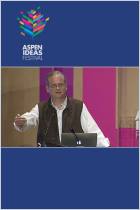
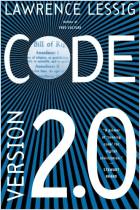
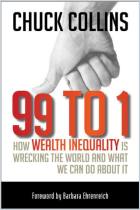
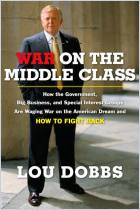
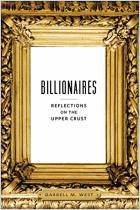
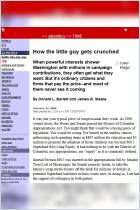
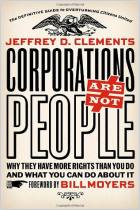
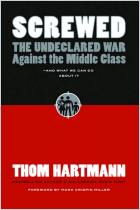





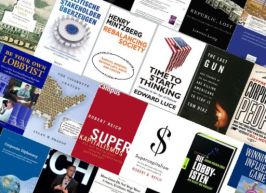

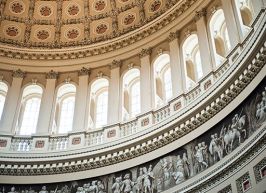

Comment on this summary or Start Discussion